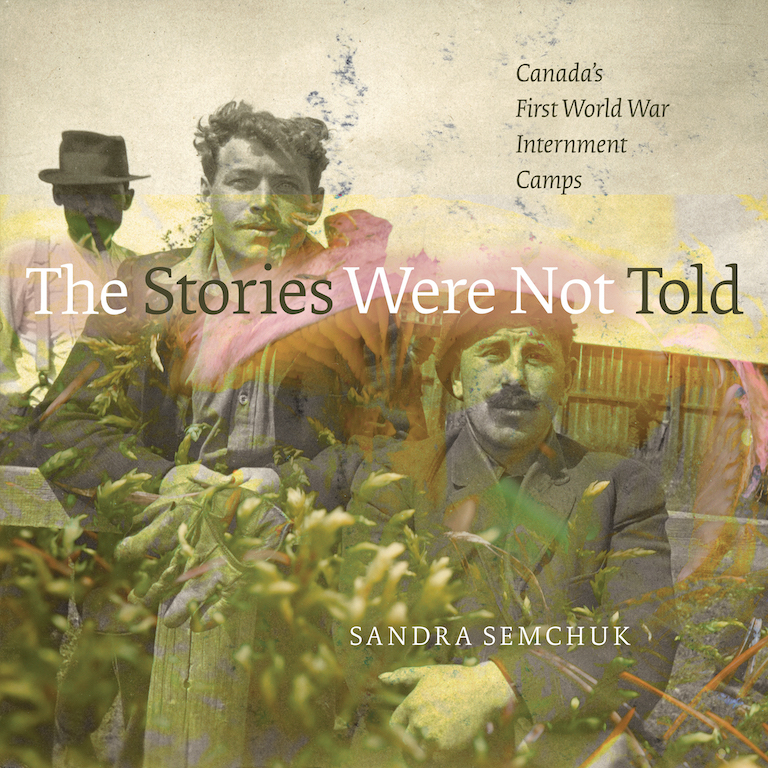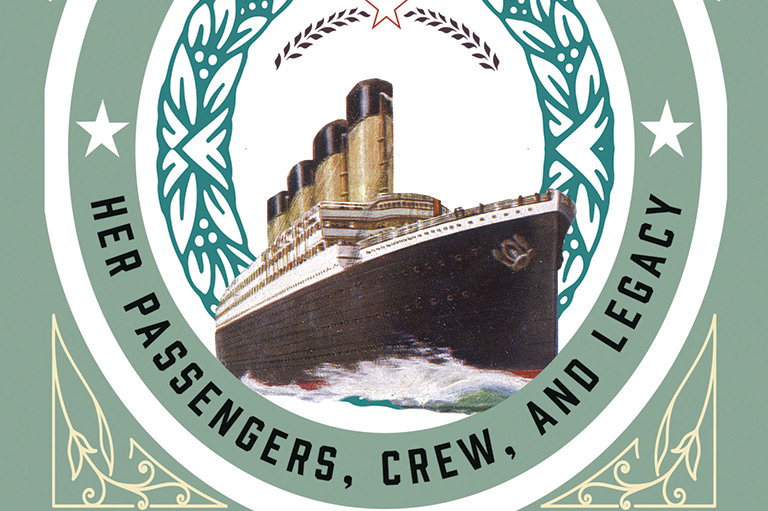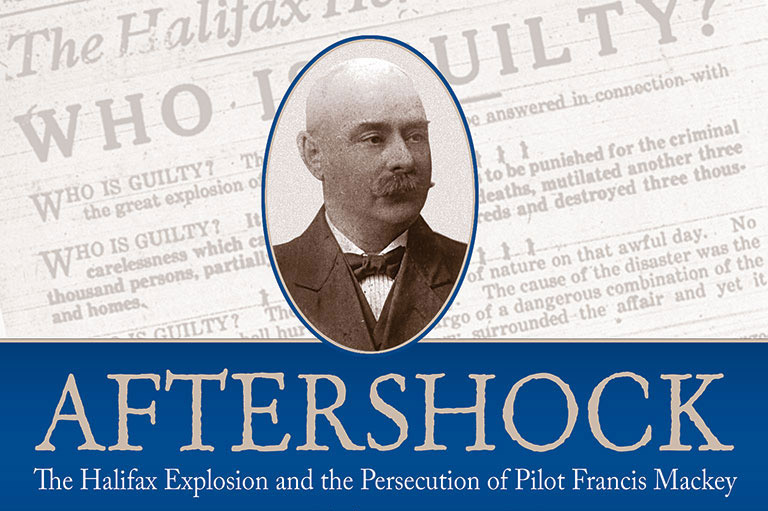The Stories Were Not Told

The Stories Were Not Told: Canada’s First World War Internment Camps
by Sandra Semchuk
University of Alberta Press,
308 pages, $34.99
One of Canada’s shameful moments — the internment of Ukrainians and other “enemy aliens” during the First World War — is portrayed in Sandra Semchuk’s book The Stories Were Not Told. During the war years and after, thousands of immigrants from central and eastern Europe were held in camps across the country.
The little-known internment is brought to life thanks to in-depth research that included interviews with the families of the people who were directly affected. While most of the survivors of the camps have long since passed away, some of their stories are told by their children and grandchildren.
This elicits an interesting discussion on memory and how it affects the remembrance of such horrible events. The book also compares and contrasts this tragedy with experiences of Japanese Canadians during the Second World War and Indigenous people in residential schools.
Among the stories that are now told are acts of resistance by the internees, such as when some of them refused to perform work until they were granted time off on a holy day. “I would rather be put to death on this day than trample upon my faith,” one internee said.
Semchuk is the winner of a Governor General’s Award in Visual and Media Arts, and her book is filled with photographs from the time of the internment as well as contemporary photographs she made in places where the camps were located.
Themes associated with this article
Advertisement




